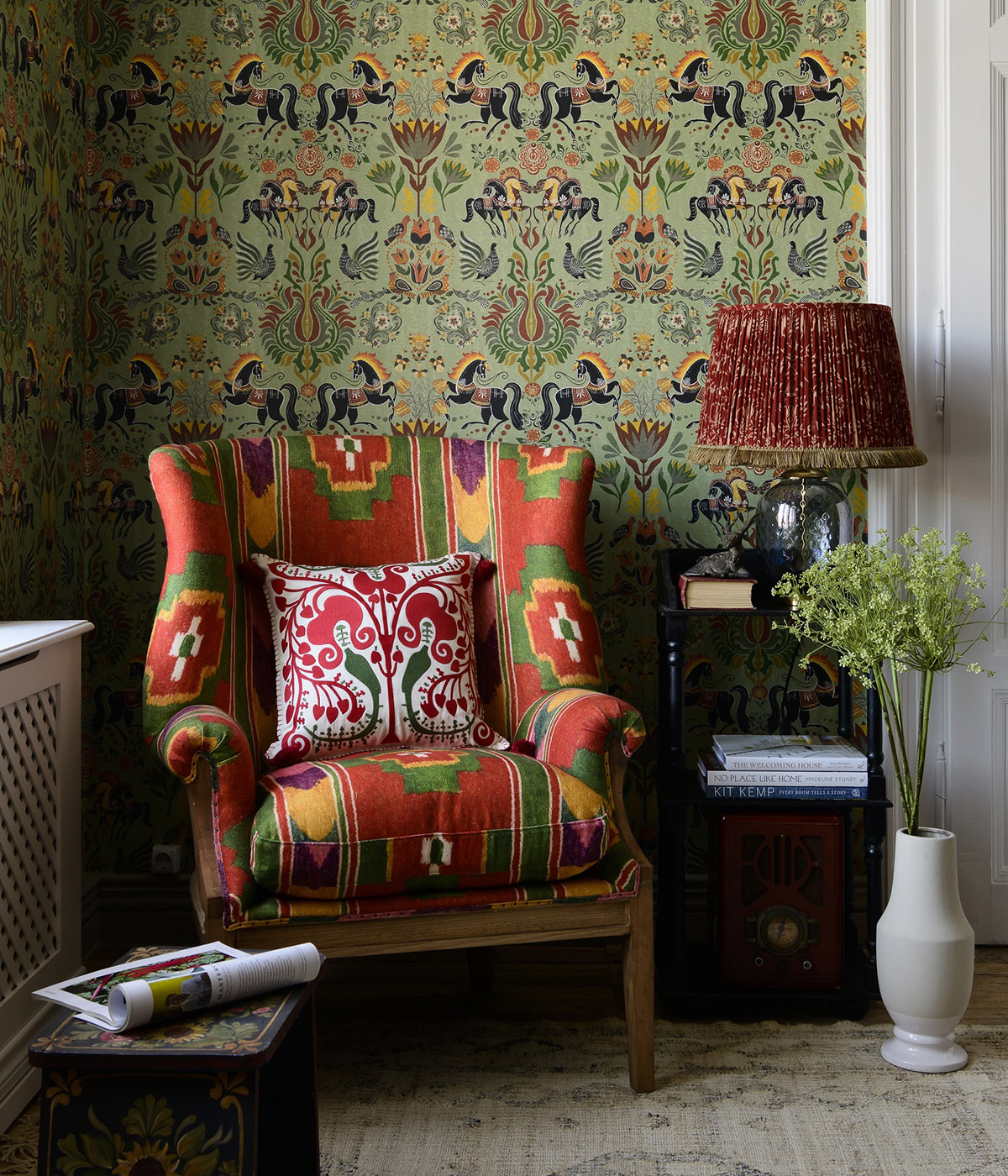Barbara Geier: Dialects
TEXT & PHOTOS: BARBARA GEIER

There are loads of them in the German language, associated with all the different German-speaking geographies in and outside the country itself. Dialects are also a controversial topic that divides opinions. For some of the native German speakers who ‘only’ speak ‘High German’ – our equivalent of the British Received Pronunciation – dialects are akin to lower intellect and a certain coarseness. Being both fluent in a German dialect and High German, I, naturally, disagree with that notion, not necessarily because I find my regional dialect so beautiful (or myself so intelligent). In fact, I would always objectively say that my region’s dialect is pretty “ugly” and I can completely understand when people are horrified listening to it. But it’s still very dear to me and part of my Heimat, the place where I come from, something that adds another linguistic and emotional dimension to my identity that I wouldn’t want to miss. In a nutshell, I really like dialects.
Do I therefore like every German dialect? No. Because frankly, that’s impossible, and every German speaker has their likes and dislikes. According to a survey by an online language learning platform from last August, where respondents answered the question “Which German dialects do you not like at all?” by choosing from a list of 18 different options, the three least popular dialects in Germany are Sächsisch (Saxon), Schwäbisch (Swabian) and Bairisch (Bavarian). Based on that, my dislikes are two-thirds in line with my fellow Germans but I’m surprised about Bavarian being so high up. What’s wrong with a bit of Bairisch? Well, apparently quite a lot for the 18,6% of respondents that don‘t like Bavarian at all. 19,3% are absolutely not keen on Swabian and for 37,6% Saxon is an absolute no-no.
The survey results also show that your likes and dislikes are tied to age and your own home region. Among younger respondents between the ages of 16 and 24, only 29% voted for Saxon as their least favourite dialect while 44% in the 45 and 54 age bracket did. In Saxony and Mecklenburg-Vorpommern, federal states in the East and North-East of the country, Bavarian as spoken by their brothers and sisters in the south is the least popular dialect with 30 % respectively 33 % saying that they can’t stand it, while Berlinerisch is particularly unpopular in Baden-Wuerttemberg – only trumped by Saxon – with one in five people not liking the local vernacular spoken in Berlin.
Another thing that stands out is that variations of the language that are spoken outside Germany, such as Schwyzerdütsch (Swiss German) and various Austrian dialects, do not trigger particularly negative feelings among Germans. And the least annoying dialect of all according to the survey is Westfälisch (Westphalian) spoken in the north-eastern part of North Rhine-Westphalia. Maybe that’s because it is not really a dialect but very close to High German. At least from my dialect perspective which is – drumrolls – Pfälzisch, spoken in the Palatinate part of Rhineland-Palatinate, and at number eleven in the ranking of the least liked dialects in Germany. I can live with that and would actually have expected a much higher dislike rate for my second (or first?) native language. In conclusion, give it up for dialects, people. The sound of some of them may grate on you, but without them, the German language – and any language – would be way less diverse, idiosyncratic and interesting.
Barbara Geier is a London-based freelance writer, translator and communications consultant. She is also the face behind www.germanyiswunderbar.com, a German travel and tourism guide and blog that was set up together with UK travel writer Andrew Eames in 2010. Disclaimer: The views and opinions expressed in this column are those of the author and do not necessarily reflect the official policy or position of Discover Germany, Switzerland & Austria.
Subscribe to Our Newsletter
Receive our monthly newsletter by email




